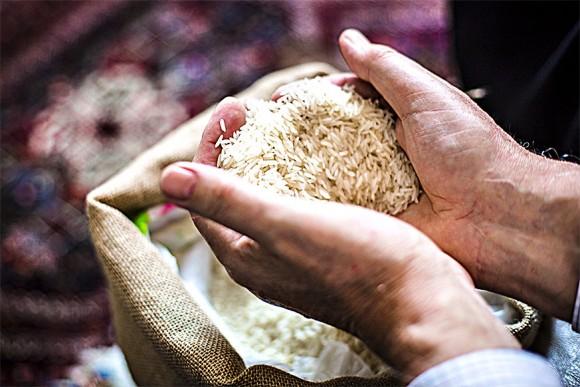
Transforming the way the world’s largest food crop is grown has become Cornell University professor Norman Uphoff’s lifework, but success means convincing others it’s better than industrial agriculture.
Before Uphoff came along, few outside the tiny island nation of Madagascar knew of the rice growing method that has become a lifeline to millions of poor rice farmers in over 50 countries.
While working to protect the rainforest in Madagascar’s Ranomafana National Park, Uphoff realized that farmers would slash and burn the forests if they did not have a way to improve the productivity of their rice fields and thus feed their families.
The usual approach would have been to source hybrid seeds and fertilizers, and a prescription of pesticide and herbicide management for the farmers. This is what the Green Revolution of the 1960s and 70s brought as a solution, and despite its failings, it is still the dominant approach.
It must have been serendipity then that took Uphoff to a Malagasy NGO founded by Jesuit priest and agronomist Father Henri de Laulanié.





